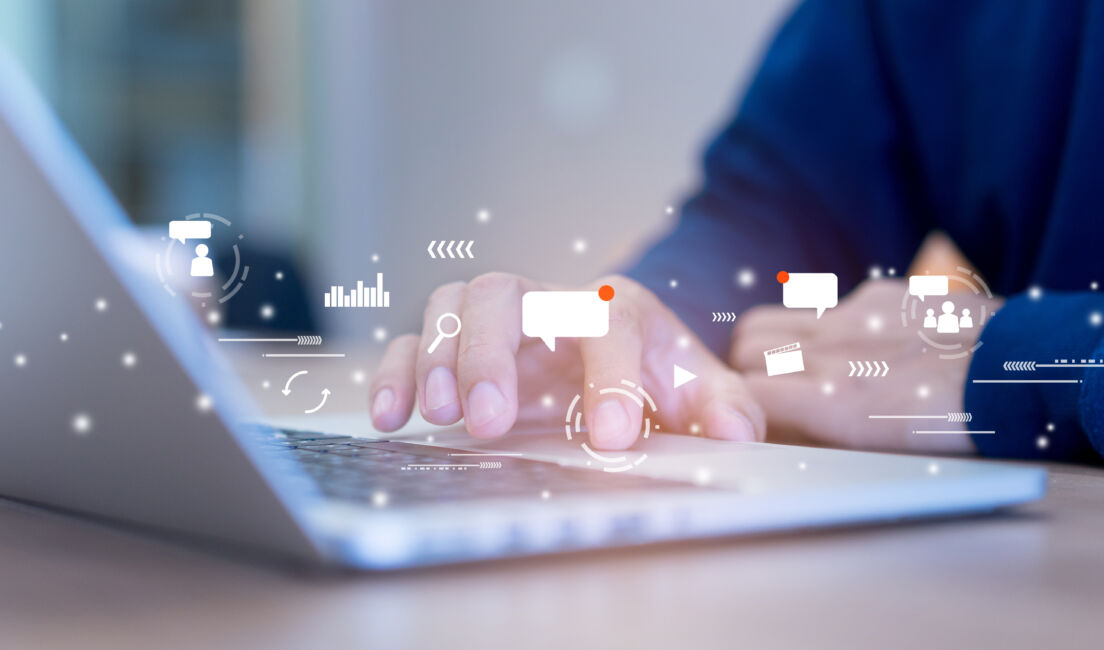Not all bias is bad
A very biased opinion

Bias is all around you.
Go to the internet. Anywhere someone states an opinion or talks or writes about a political topic, you’ll find strings of comments accusing the author of bias. No matter how balanced the piece, no matter how tame the subject matter, commenters will disagree with it and feel the need to call out the author for not seeing things their way. Because, after all, why would you bother to point out bias you agree with?
Bias is a BAD thing that those other people possess, right? Your view, and those that share it, are objective, free from polluted motivations and flawed thinking.
I regret to inform you, dear commenters of the world wide web, we are ALL biased. And, prepare to be shocked, not all bias is bad.
Bias is, in fact, a cognitive shortcut that enables us to function efficiently in the world. Because of bias, we don’t stop to think about whether or not we can trust our employer to pay us several times each month, since they’ve always done so in the past. We are biased to trust them and don’t need to have anxiety or evaluate the interaction every time it occurs. Bias is our shorthand for the set of assumptions we make about the world based on our experience, knowledge, values, and beliefs. We can no more rid ourselves completely of all bias than we can remove our essential organs and still continue to walk around functioning.
Accusing someone else of bias, though, is almost always a tool for dismissal. It’s a way of saying, “I don’t need to listen to you or weigh what you have to say carefully, because you are biased, and I can’t trust you. And by telling everyone you’re biased in this comment thread, I’m signaling that they shouldn’t trust you either.”
Certainly, not all bias is good. Not every framework we use is the right way to look at the world, and there are certainly situations we should seek to observe with impartiality. However, one of the best ways to become less biased is to seek out the opinions of others whose bias is different than ours and hear them out. We don’t achieve objectivity by only listening to things we already agree with.
Often, the opinions and experiences of others will help eliminate errors in our own bias, merely by exposing us to another perspective. Or perhaps we won’t be persuaded, and we will strengthen our belief in the bias we held already held. Either way, it seems unlikely that we have been seriously harmed by the experience of hearing a “biased” opinion and, in fact, we might been enriched by the experience. We may even become aware of biases we didn’t know we had, just by listening to a different perspective.
What if, instead of decrying bias wherever we see it and tuning out, we welcomed the opportunity to learn, evaluate our own views, and find out the truth? The next time you think about ignoring a biased opinion, I challenge you to listen instead. Who knows what you might learn?
Photo by chinnarach on Adobe Stock